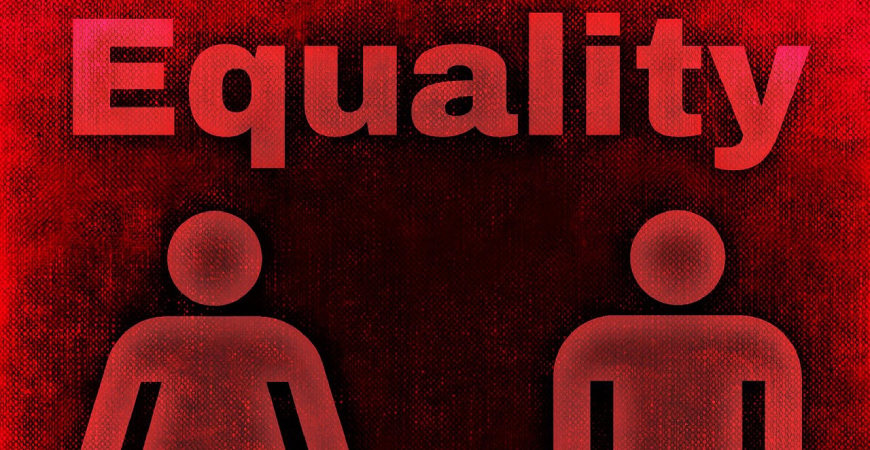
Constitutional law
Constitutional law in India refers to the body of law that governs the interpretation and application of the Constitution of India. Here's an overview:
Key Aspects of Constitutional Law in India:
- Fundamental Rights: The Constitution guarantees certain fundamental rights to citizens, including the right to equality, freedom of speech and expression, and protection of life and personal liberty.
- Directive Principles of State Policy: The Constitution provides guidelines for the state to promote social and economic welfare.
- Separation of Powers: The Constitution separates the powers of the legislature, executive, and judiciary.
- Federal Structure: The Constitution establishes a federal structure of government, with powers divided between the center and states.
Important Provisions:
- Article 14: Guarantees equality before the law.
- Article 19: Guarantees freedom of speech and expression.
- Article 21: Protects the right to life and personal liberty.
- Article 32: Provides a remedy for enforcement of fundamental rights.
Key Concepts:
- Judicial Review: The power of courts to review and interpret constitutional provisions.
- Basic Structure Doctrine: The doctrine that certain basic features of the Constitution cannot be amended.
- Parliamentary Sovereignty: The power of Parliament to make laws, subject to constitutional limitations.
Importance:
Constitutional law plays a crucial role in:
- Protecting Individual Rights: Guaranteeing fundamental rights and protecting individual liberties.
- Promoting Social Justice: Providing guidelines for promoting social and economic welfare.
- Ensuring Good Governance: Establishing a framework for governance and accountability.
If you have specific questions or need further information on constitutional law in India, feel free to ask!